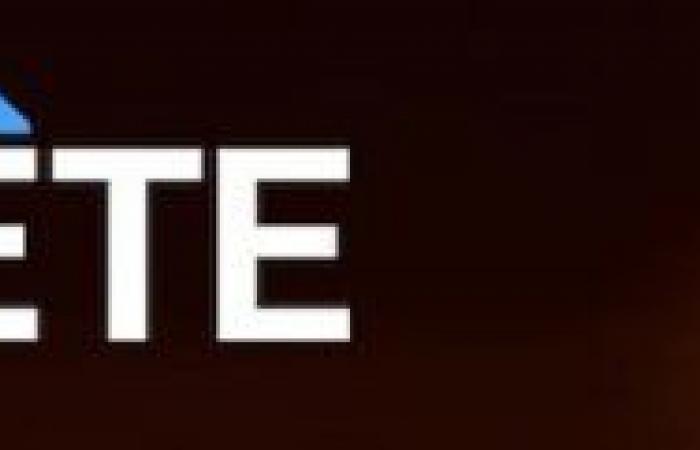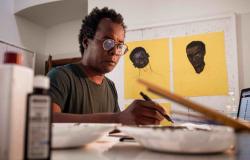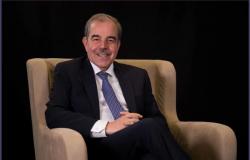A legal opinion that remained secret for three decades, and which has just resurfaced as part of the collective action brought against the Brothers of Christian Instruction, recommends that archives concerning possible sexual assaults allegedly committed by religious people be moved or destroyed.
It was the Présence agency, an independent media specializing in Quebec religious information, which obtained the document, which Radio-Canada was able to read.
The legal opinion is addressed to members of the Group of Religious Archivists from several dioceses and congregations in Quebec.
At the time, they were worried, because for months, the Canadian Church has been shaken by trials that the media like to relay from one end of the country to the other
. They mention the fact that a diocese was the subject of a search, during which confidential archives were seized.
The author of the opinion, Oblate Father Francis Morrisey, was considered until his death in 2020 as one of the world’s leading experts in canon law, which governs the functioning of the Church and orders the lives of its members. He also served as an advisor to the Vatican.
Its recommendations seem intended, among other things, to protect attackers from possible legal proceedings, in particular by emphasizing the benefit of eliminating documents that could serve as evidence against them.
Father Morrisey also recommends not give too much publicity to this letter and its recommendations
in order to avoid lawyers for victims
learn of the existence of confidential archives and that they are tempted to seek them also by means of a subpoena
.
Canon law to the rescue
The legal opinion is based on an article of canon law which provides that documents in criminal cases relating to morals must be destroyed if the culprits are dead or their conviction dates back ten years. Only a brief summary of the facts is preserved.
Father Morrisey concludes that we must destroy the documents if there has been a trial, especially when it has not been deemed necessary to proceed to a trial
.
Consequently, the author continues, we should only keep in the ecclesiastical archives what we would accept to see seized by the civil authorities.
Canon 489 also states that certain archives remain secret and that for this purpose a diocese must possess a perfectly closed and locked, immovable cabinet or chest, in which the documents to be kept secret will be kept with the greatest care
of which only the bishop has the key.
In addition, no one has the right to take out any documents.
In this opinion, the Oblate father goes so far as to suggest that delicate documents be entrusted to the apostolic nunciature, thus taking advantage of the diplomatic immunity granted to the Vatican ambassador in Ottawa. Canadian bishops have already resorted to this means, again according to the content of the opinion.
He also recommends that religious authorities use charters of rights to assert the privileged nature of certain documents, if the police ever wanted to seize them.
Practices that have changed, argue archivists
By press release, the Group of Religious Archivists acknowledges having transmitted Father Morrisey’s recommendations to its members in the 1990s, but maintains that it it is not possible to know to what extent dioceses and religious communities have applied these recommendations
.
The grouping deplores any loss of archives
and says he is campaigning for long-term preservation solutions. He notes, in this regard, an awareness
within religious organizations.
The same press release goes on to specify that archival practices, including consideration of ethical and transparency issues, have become deeply professionalized
Since.
Protect assets against possible prosecution
Just before his death in 2020, the Board of Governors of Saint Paul University in Ottawa presented Father Morrisey with the Eugène de Mazenod medal for his exceptional contribution to the university and to the universal Church
. He was dean of the faculty of canon law until the mid-1980s.
Father Morrisey is also considered by some to be the architect of the financial restructuring of many religious organizations that has occurred since the mid-1980s.
In 2007, in a publication intended for church leaders, he wrote that due to possible lawsuits, rather than merging entities [corporatives] we had to create new ones and leave the original entities in latency until the outcome of these proceedings
.
He explains that this strategy prevents assets from being contaminated and subject to loss
.
In an interview with Enquête en 2023, Ontario lawyer Robert Talach, who has filed several hundred lawsuits against members of the clergy, criticizes Francis Morrisey for wanting to ensure that victims cannot be compensated. He’s basically exposing the intentions of the Church as a canon law expert on why you should do these incorporations, these amalgamations, because he’s trying to hide money.
A spokesperson for the Oblates of Mary Immaculate categorically rejected these accusations. At the time of publication, it was not possible to obtain comment on the new revelations regarding Father Morrisey.






